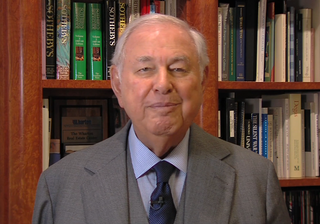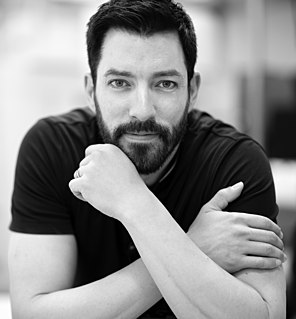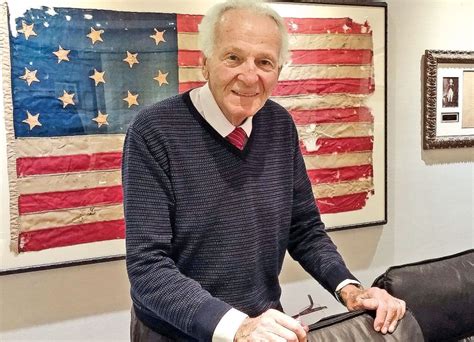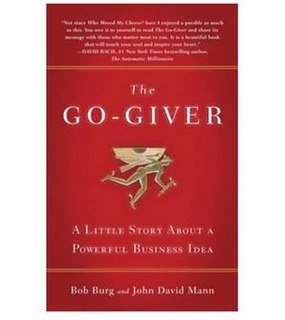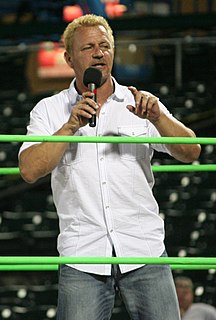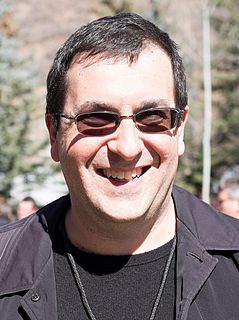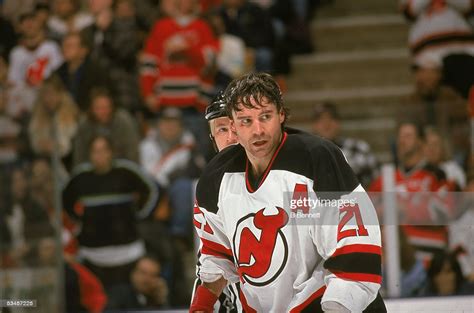A Quote by A. Alfred Taubman
Become an expert in one fundamental area of your market or business, no one starts out as a generalist.
Related Quotes
If the pitch starts with a sob story, I'm out. If the pitch talks about personal issues, I'm out. If the pitch starts off with how big the market opportunity is, I'm out. If the pitch tells me what is unique about the product, how it can make a profit, and it's an area where I have expertise, I will read on.
...the geometrician teaches me how to work out the size of my estates rather than how to work out how much a man needs in order to have enough....You geometers can calculate the area of circles, can reduce any given shape to a square, can state the distances separating starts. Nothing's outside your scope when it comes to measurement. Well, if you're such an expert, measure a man's soul; tell me how large or how small that is. You can define a straight line; what use is that to you if you've no idea what straightness means in life?
According to the management expert Peter F. Drucker, the term "entrepreneur" (from the French, meaning "one who takes into hand") was introduced two centuries ago by the French economist Jean-Baptiste Say to characterize a special economic actor-not someone who simply opens a business, but someone who "shifts economic resources out of an area of lower and into an area of higher productivity and greater yield." The twentieth-century growth economist Joseph A. Schumpeter characterized the entrepreneur as the source of the "creative destruction" necessary for major economic advances.
As a bull market turns into a bear market, the new pros turn into optimists, hoping and praying the bear market will become a bull and save them. But as the market remains bearish, the optimists become pessimists, quit the profession, and return to their day jobs. This is when the real professional investors re-enter the market.
When I get hurt in the market, I get the hell out. It doesn't matter at all where the market is trading. I just get out, because I believe that once you're hurt in the market, your decisions are going to be far less objective than they are when you're doing well If you stick around when the market is severely against you, sooner or later they are going to carry you out.
